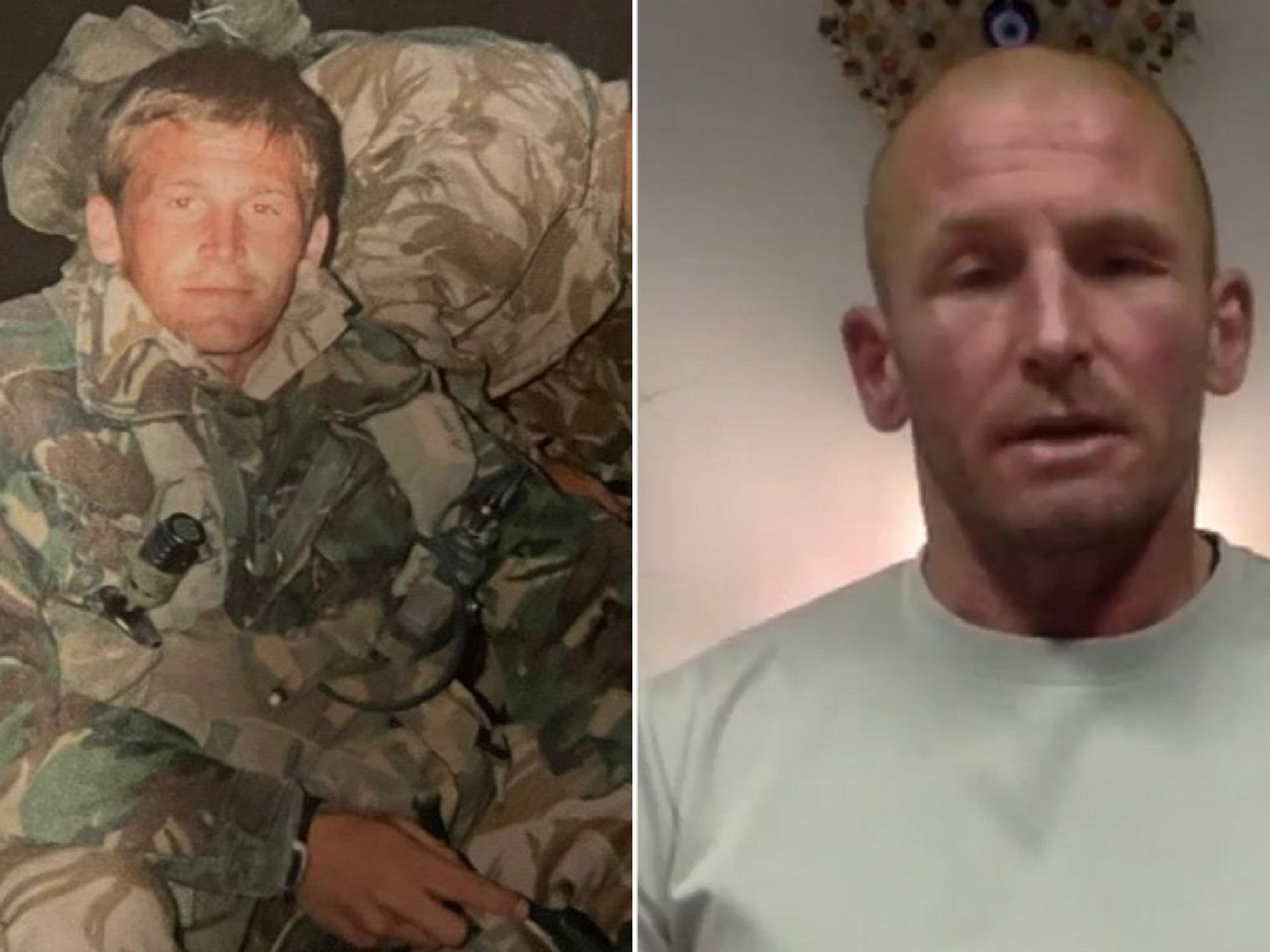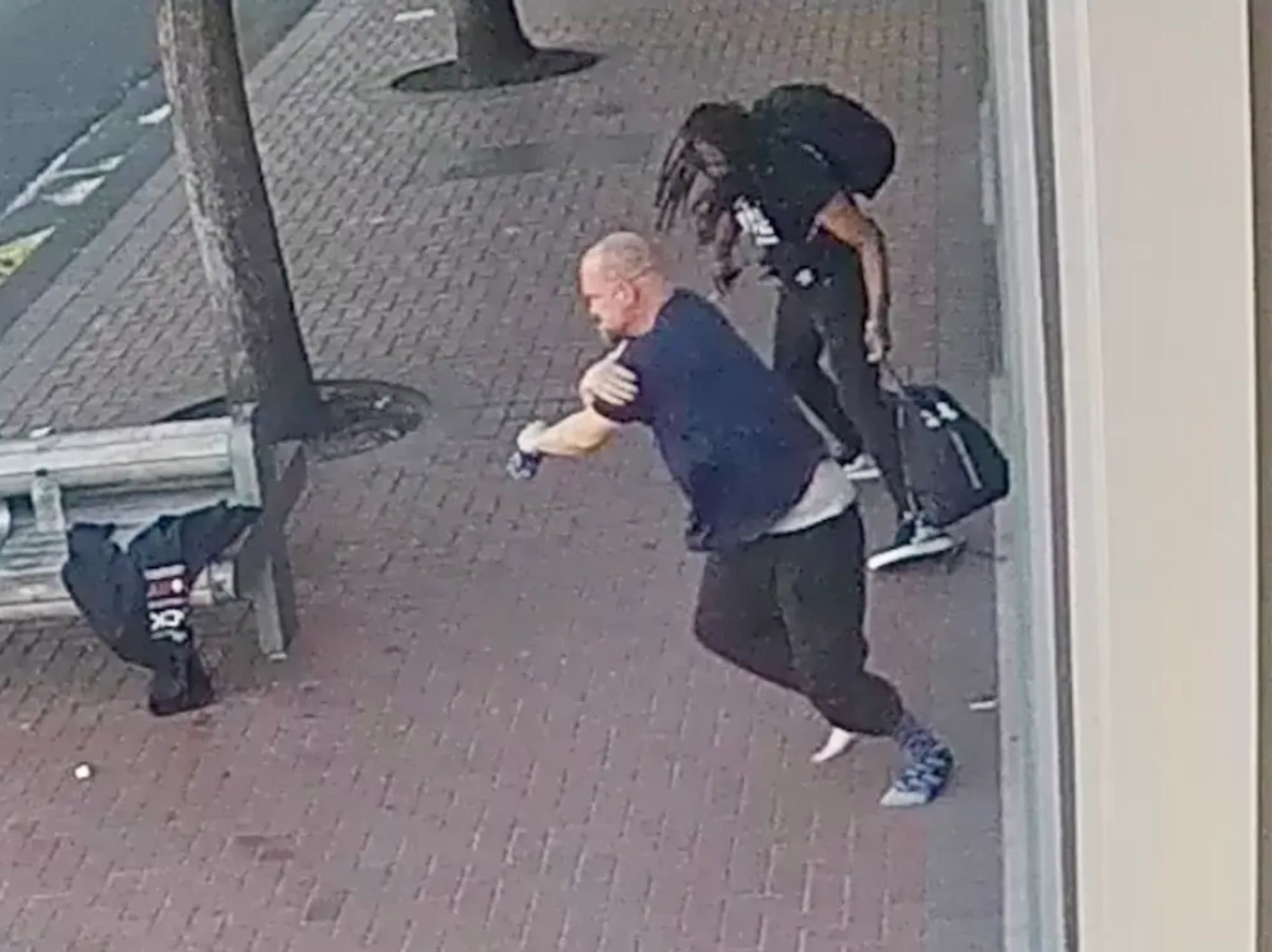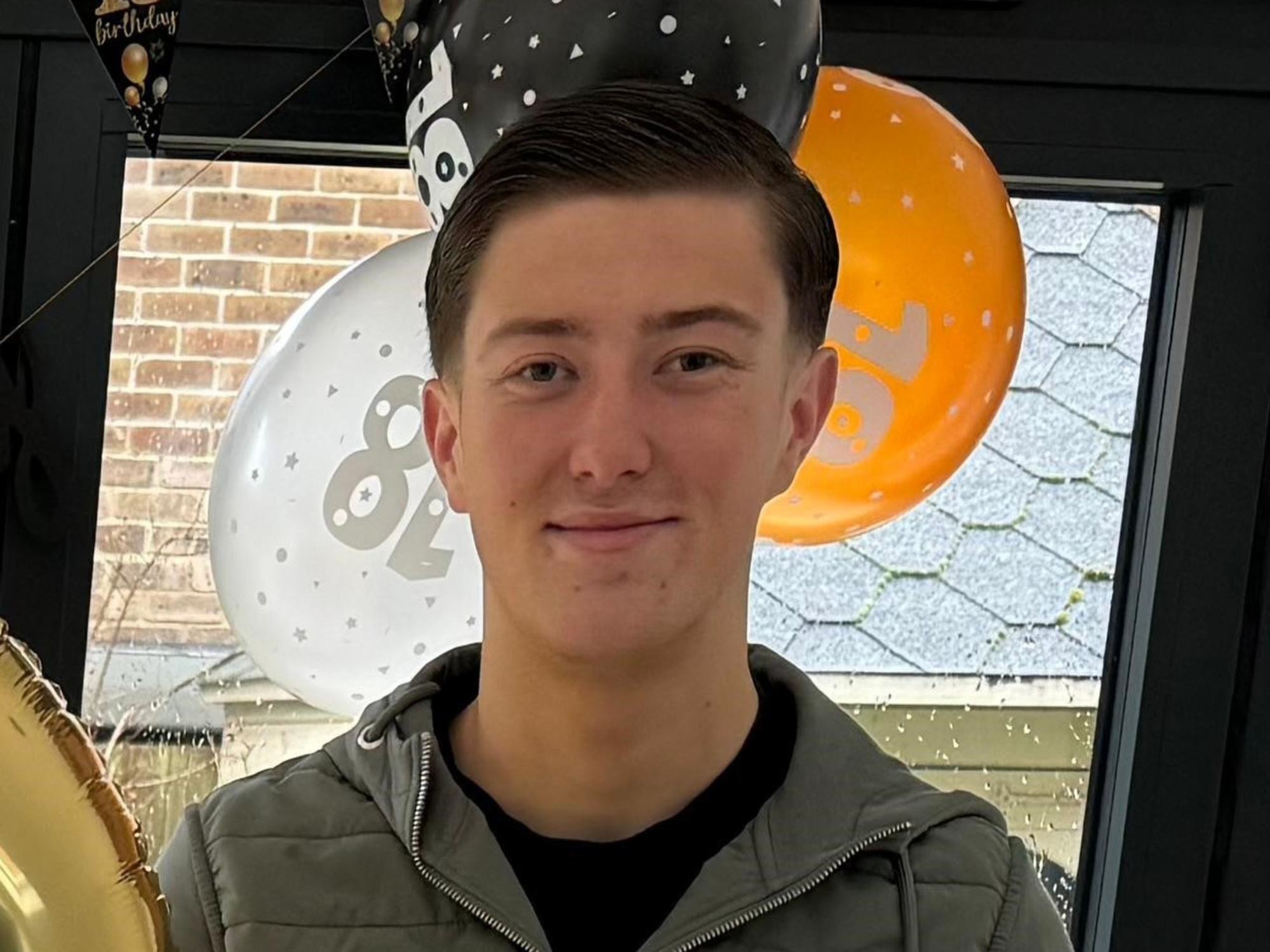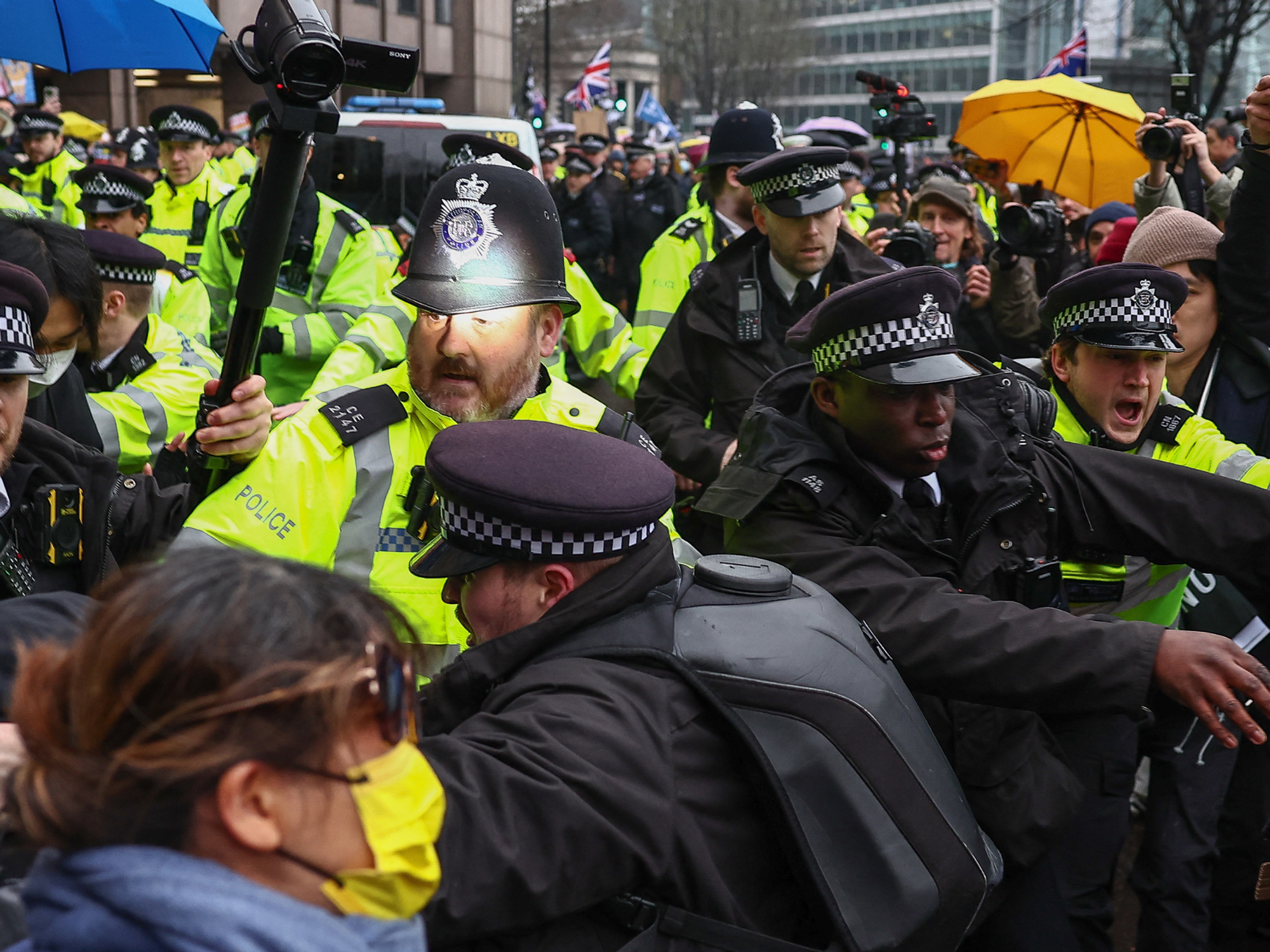Third Russian Spy Charged Over Salisbury Poisoning

Counter terrorism detectives say the man, Sergey Fedotov is Russian national, aged about 50
Don't Miss
Most Read
Scotland Yard has named and charged a third Russian intelligence officer over the poisoning of double agent Sergei Skripal and his daughter Yulia in Salisbury three years ago.
Counter terrorism detectives say the man, Sergey Fedotov is Russian national, aged about 50.
He is charged with Conspiracy to murder, attempted murder, causing grievous bodily harm and use of a chemical weapon.
He is the third member of the Russian intelligence services to be charged following the 2018 poisonings.
In the months that followed the assassination attempt, using the deadly nerve agent Novichok, Alexander Petrov and Ruslan Boshirov were also named as key suspects.
In a briefing at Scotland Yard, senior officers confirmed that Sergey Fedotov arrived at Heathrow on a flight from Moscow at 11am on 2 March 2018, two days before the attack.
Four hours later, Petrov and Boshirov arrived at Gatwick on flights from the Russian capital.
Deputy Assistant Commissioner Dean Haydon told the briefing: "As is the case with Petrov and Boshirov, we believe that Fedotov travelled under an alias and stayed at a central London hotel on Friday and Saturday nights."
Fedotov is said to have met the other two men on more than one occasion in in the "open air" in central London before the attack.
Unlike the other two, no traces of the nerve agent were found at his hotel, leading to speculation that he could have been the ringleader.
He returned to Moscow on a flight from Heathrow on Sunday 4 March at 1:45pm.
Petrov and Boshirov flew back from the same airport at 10:30 that night.
"In addition to identifying Fedotov's presence in the UK, the investigation team has also been piecing together evidence that suggests all three of them have previously worked with each other, and on behalf of the Russian state, as part of operations carried out, outside of Russia," Mr Haydon, the senior national co-ordinator for counter-terrorism, said.
Mr Haydon said the men's real names were Alexander Mishkin and Anatoliy Chepiga and Fedotov's real name was Denis Sergeev and that all three were members of the GRU, Russian military intelligence.
It is the first time, police say, that they have been able to evidentially link their suspects to the Russian spy agency.
Police said they were also liaising with investigators in Bulgaria and the Czech Republic about reports the men had visited there.
All three men have been charged with conspiracy to murder, attempted murder, grievous bodily harm and possession of a chemical weapon.
Images of Fedotov were released to the media showing him on his travel documents and from CCTV taken as he arrived and left the country through Heathrow.
Two members of the public, Dawn Sturgess and Charlie Rowley were pointed by Novichok after finding the nerve agent in a discarded presume bottle in Salisbury three months after the attack on the Skripals.
Dawn Sturgess died in hospital as a result of her exposure to the poison.
Detectives are still trying to piece together what happened to the counterfeit Nina Ricci perfume bottle with an adapted nozzle and the box it was carried in the months after the original attack.
"We want to hear from anyone who might have information relating to the perfume box in the bottle during that period," Mr Haydon said.
Mr Haydon said Fedotov was identified early in the investigation but the team did not have enough information to bring charges.
"From the outset of the investigation, there were a number of lines of inquiry, a number of individuals that we were investigating.
"There has been a delay with the third man. We were able to evidence the first two pretty quickly but the third man has taken slightly longer.
"We have to follow due process, and by that I mean investigation, putting it into evidence, putting it before the Crown Prosecution Service, and then eventually we ended up where we are today."
The three men acted as a "small team" and had made previous visits to Britain, Mr Haydon said.
"In my mind, they've operated as a as a small team with a view to deploy Novichok to kill individuals in this country.
"We have other intelligence that suggests they've been here before, but we know that they've been in other countries as well, operating as a threesome and likely with others as well.
"Linking three of them to the GRU evidentially, our interest now is, who else was involved?
"I feel these questions can be really difficult to put a number, but I can say it remains an active line of inquiry of who exactly was involved."
There have previously been "exchanges" on diplomatic channels with Russia but Britain does not have an extradition treaty with Russia, and police say they have not had any cooperation from Russia in relation to the investigation.
Sergei and Yulia Skripal were found on a park bench in Salisbury after they were poisoned with Novichok, believed to have been smeared on the door handle at Mr Skripal's home.
The attack is believed to have been ordered by Russian intelligence in revenge for Skripal's work as a double agent for MI6 during the 1990s. He was arrested in 2004 and moved to the UK six years later following a spy-swap deal,
Det Sgt Nick Bailey, one of the police officers who responded to the attack was also taken seriously ill following the attack on March 4 2018.
The Russian government has consistently denied any involvement in Salisbury poisonings.











